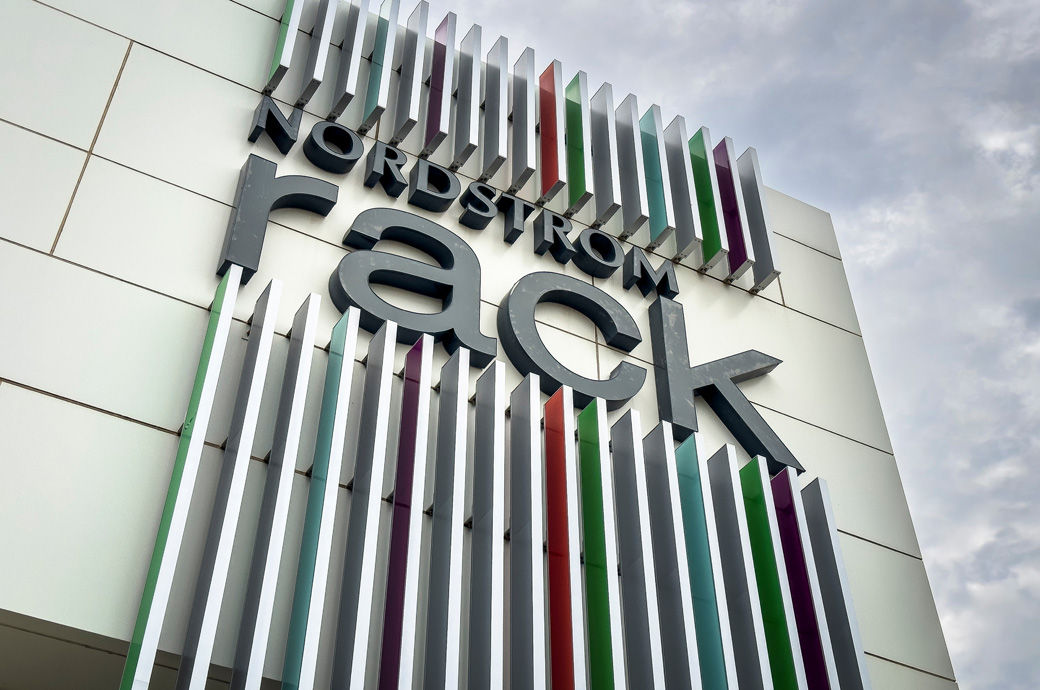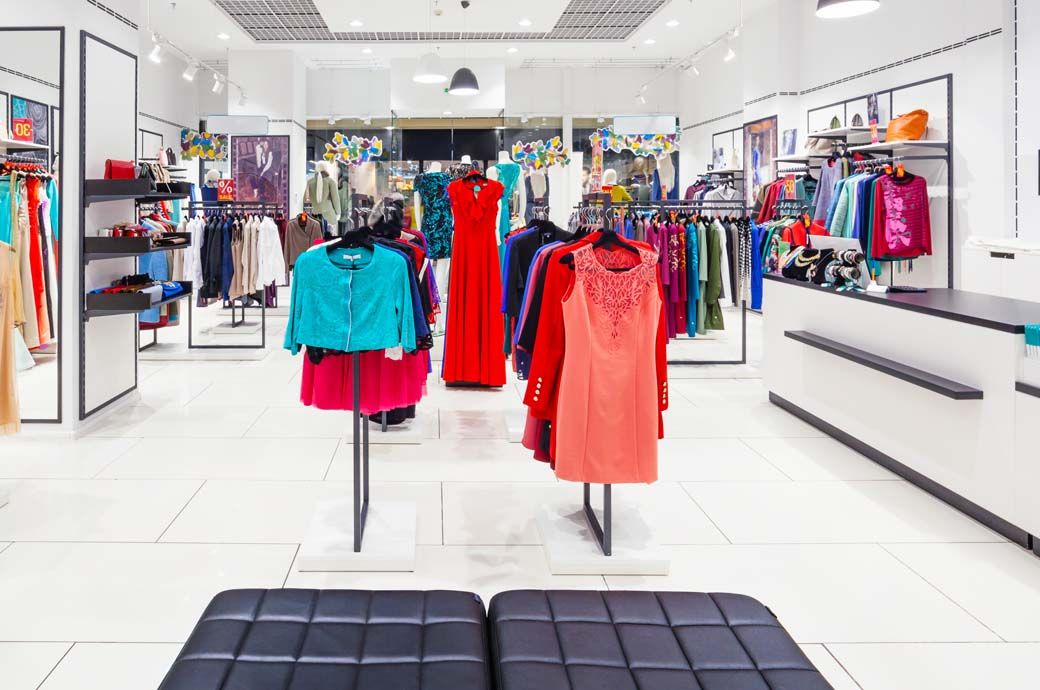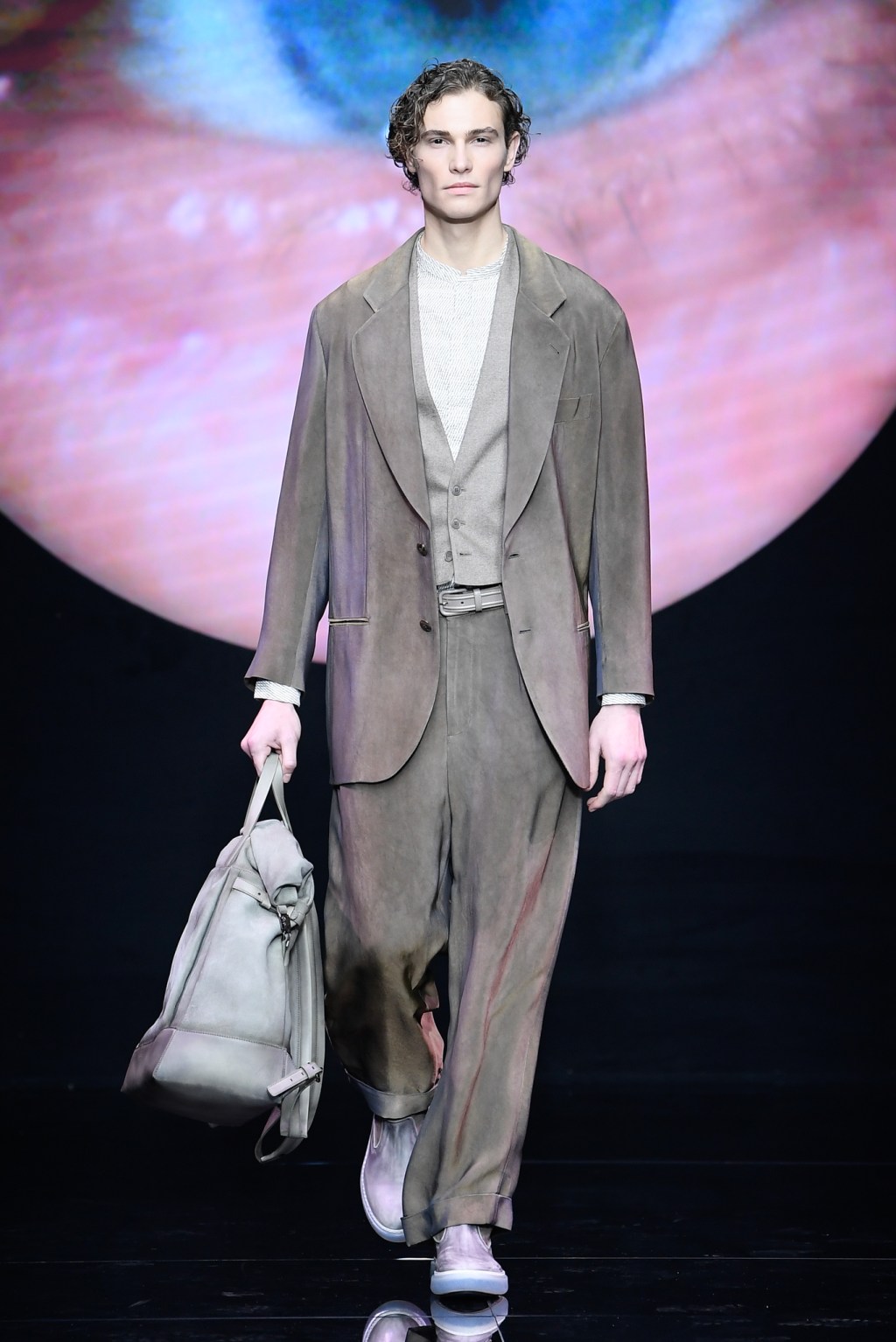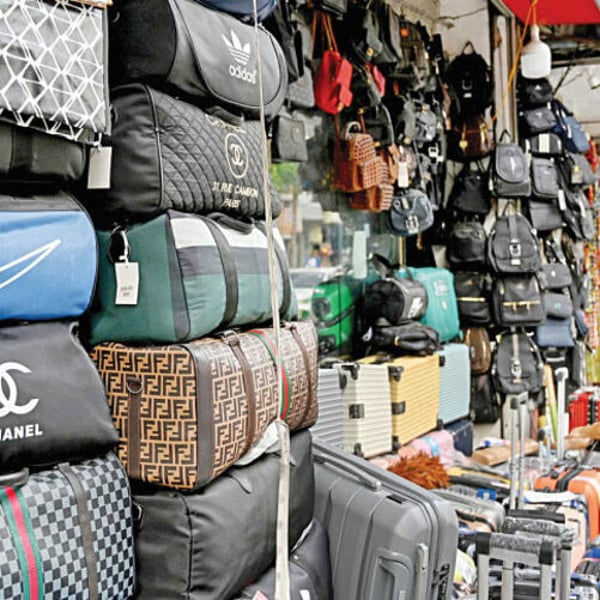Translated by
Nazia Bibi Keenoo
Published
October 3, 2025
The luxury sector seems to find resistance through transformation. That is the conclusion of a study by Ipsos, presented at the Conference “Dissonance, Résonance et Nouveau (x) Luxe (s)” in La Sorbonne. Made among 1,500 individuals in the richest populations of the United States, France and China, the survey confirms that, despite a sincere world economic background marked by geopolitical tensions, luxury still has a brilliant future ahead.
Luxury remains a social and symbolic marker that continues to attract new generations of consumers. As expected, the luxury desire persists, particularly among respondents under 34, with 39% in China, 47% in France and 65% in the United States informing a greater desire to acquire luxury goods. These figures attest to the deep entanglement of luxury in the consumption habits of rich populations. While this appetite can reassure the actors in the industry, the rules of the game are changing, driven by the consumers themselves.
Successive price increases for luxury goods, for example, are inciting consumers to question whether these levels are justified. In the last four years, the price of leather items has increased by an average of 50%, according to analyst Erwan Rambourg. The Ipsos study reveals that 73% of Americans and 70% of French respondents believe that excessive prices in relation to perceived quality, compared to only 43% in China, where the market remains floating but is slowing down. Aware of risk, some houses have decided to abandon discount strategies and forward their messages about rarity and prestige to recover legitimacy in a Chinese market that today represents 20% of its global sales, compared to 30% only a few years ago.
The question of “ethical and social considerations” remains a marginal factor in the decision making of luxury consumers, even when the recent exploitation scandals linked to the production of luxury goods, mostly the majority of Loro Piana, but also Dior and Valentino, among others, have shaken the sector. Other factors are also leading consumers to question luxury purchases, including the point of buying products that sometimes consider “superficial and useless”, in a context of concerns about purchasing power, as well as changes in their personal values.
In this context, a significant change is emerging: experimental luxury is gaining ground on the luxury centered on property, according to the Ipsos study. When asked, “between a bag or luggage of a large luxury brand and a stay with their loved ones in an exceptional place, what would you choose?” In France and the United States, 86% of respondents opted for experience. This finding echoes the growing investments of luxury groups, especially LVMH, in sectors such as hospitality.
Despite turbulence, the luxury sector remains a very attractive market. Successive crises, whether pandemic, inflation or geopolitical disorders, have slowed growth, but have not delayed investor confidence. The “Fashion & Luxury investors survey in Deloitte shows that nine out of 10 investors are still inclined to compromise capital with the sector.
Beyond its transformations and contradictions, luxury retains its status and seems able to reinvent itself without losing its fundamental attraction for both buyers and investors.
This article is an automatic translation. Click here to read the original article.
Copyright © 2025 Fashionnetwork.com All rights reserved.











